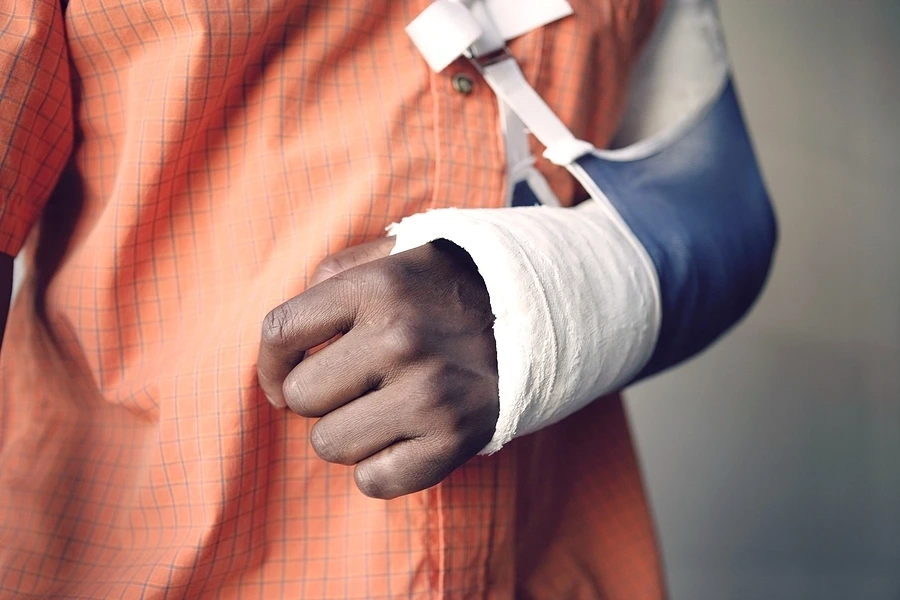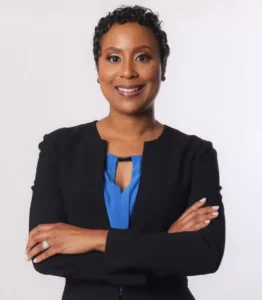Table of Contents
A day at an amusement park should be filled with fun, excitement, and family memories. However, accidents at amusement parks can turn an enjoyable outing into a traumatic experience. From ride malfunctions to slip-and-fall accidents, injuries can occur when safety measures fail or hazards go unnoticed. If you or a loved one has been hurt at an amusement park in Mississippi, you may have the right to seek compensation.
This blog will explain the types of amusement park injuries, the factors involved in proving fault, and the steps you should take to protect your rights.
Common Injuries at Amusement Parks
Amusement parks feature a variety of rides, games, and attractions, but their operation carries inherent risks. Injuries at these venues can range from minor to severe. Some of the most common types of amusement park injuries include:
- Ride malfunctions: Faulty equipment, mechanical breakdowns, or improper maintenance can cause serious injuries. Riders may experience whiplash, falls, or even ejections from a ride.
- Slip-and-fall accidents: Wet or uneven surfaces, inadequate lighting, or cluttered walkways can lead to slip-and-fall injuries. These often result in sprains, fractures, or head trauma.
- Trip hazards: Loose cables, poorly marked steps, or uneven pavement can trip visitors, leading to falls and injuries.
- Food-related illnesses: Poorly prepared food or improper handling can lead to food poisoning or allergic reactions.
- Falling objects: Loose equipment, decorations, or debris may fall and cause head injuries or lacerations.
- Drowning incidents: Water attractions like pools, lazy rivers, or wave machines may lead to drowning or near-drowning incidents, especially when lifeguards are inattentive or absent.
Establishing Liability in Amusement Park Injury Cases
If you have been injured at an amusement park, determining who is at fault is key to pursuing compensation. Liability often depends on the circumstances of the accident. Common parties that may be held responsible include:
- Amusement park operators: The park’s management is responsible for maintaining a safe environment. This includes properly inspecting rides, fixing hazards, and training staff adequately. Failure to do so can lead to accidents and injuries.
- Ride manufacturers: If a ride is defective or poorly designed, the manufacturer may be held liable. For instance, if a safety harness fails due to a design flaw, the manufacturer could be responsible for resulting injuries.
- Third-party vendors: Parks often employ vendors for food, games, or equipment. If a vendor’s negligence causes harm—for example, serving contaminated food or providing defective equipment—they could be held accountable.
- Maintenance contractors: In some cases, parks hire outside companies to maintain and repair rides. If a contractor fails to perform their duties correctly and this leads to an injury, they may share liability.
Proving Fault in an Amusement Park Injury Claim
To seek compensation, you must prove that the responsible party acted negligently and that this negligence caused your injuries. The following elements are critical in proving fault:
- Duty of care: The amusement park or other responsible party had a duty to ensure the safety of visitors. For example, parks are obligated to inspect and maintain their rides and premises.
- Breach of duty: You must show that the duty of care was violated. This could include examples like failing to repair broken equipment, neglecting to train staff, or not posting warning signs about potential hazards.
- Causation: It is necessary to prove that the breach of duty directly caused your injury. For instance, if a ride malfunctioned due to improper maintenance, the park’s failure to maintain the ride is the cause of the injury.
- Damages: Finally, you need to demonstrate that you suffered actual damages, such as medical expenses, lost wages, or pain and suffering, due to the injury.
Steps to Take After an Amusement Park Accident
If you or someone close to you has been injured at an amusement park, taking the following steps can strengthen your case and protect your right to compensation:
Seek medical attention immediately
Your health and safety should be the top priority. Even if your injuries appear minor at first, you should seek medical care. Some injuries, like concussions or internal damage, may not show immediate symptoms. Medical records will also serve as key evidence in your case.
Document the scene
Take photos or videos of the accident site, including any visible hazards, equipment malfunctions, or warning signs (or lack thereof). These images can provide valuable evidence.
Report the incident
Notify park staff or management about the accident and ensure that an official incident report is filed. Ask for a copy of this report for your records.
Collect witness information
If others witnessed the accident, gather their names and contact information. Their testimony can be critical in proving your case.
Keep detailed records
Document all expenses related to your injury, including medical bills, transportation costs for doctor visits, and lost wages from missed work. Additionally, note any emotional distress or pain you experience as a result of the accident.
Potential Defenses from Amusement Parks
Amusement parks and their legal teams often raise defenses to avoid or minimize liability. Some of these may include:
- Assumption of risk: Parks may argue that visitors knowingly accepted the risks associated with participating in rides or attractions. While this can apply to some activities, it doesn’t excuse negligence on the part of the park.
- Comparative fault: If you contributed to the accident by acting carelessly, the park might claim that you share responsibility. Mississippi follows a comparative negligence rule, meaning your compensation may be reduced if you are found partially at fault.
- Compliance with safety standards: Parks may argue that they adhered to all safety guidelines and that the accident was unavoidable. In these cases, having strong evidence to demonstrate negligence is crucial.
Compensation You May Be Entitled To
If you succeed in your claim, you may be eligible for various forms of compensation, including:
- Medical expenses: This includes the cost of hospital stays, doctor visits, physical therapy, and any future medical treatments.
- Lost wages: If your injury prevented you from working, you may recover lost income and compensation for diminished earning capacity.
- Pain and suffering: Compensation for physical pain, emotional distress, and loss of enjoyment of life may also be available.
- Punitive damages: In cases of gross negligence, the court may award punitive damages to discourage similar behavior in the future.
Why Legal Representation Matters
Filing a claim for an amusement park injury can be complex. Amusement parks often have legal teams and insurance companies ready to dispute claims. An experienced personal injury lawyer can help you navigate the legal process, gather evidence, and negotiate with insurers to ensure you receive fair compensation.
Conclusion
Amusement parks are meant to be places of fun and relaxation, but accidents can and do happen. If you or someone you love has been injured due to negligence at an amusement park in Mississippi, it’s important to understand your rights and take appropriate legal action. By proving liability and demonstrating the damages you have suffered, you can hold the responsible parties accountable.
If you need assistance after an amusement park accident, consulting with a skilled personal injury lawyer can make all the difference in achieving the compensation you deserve.

